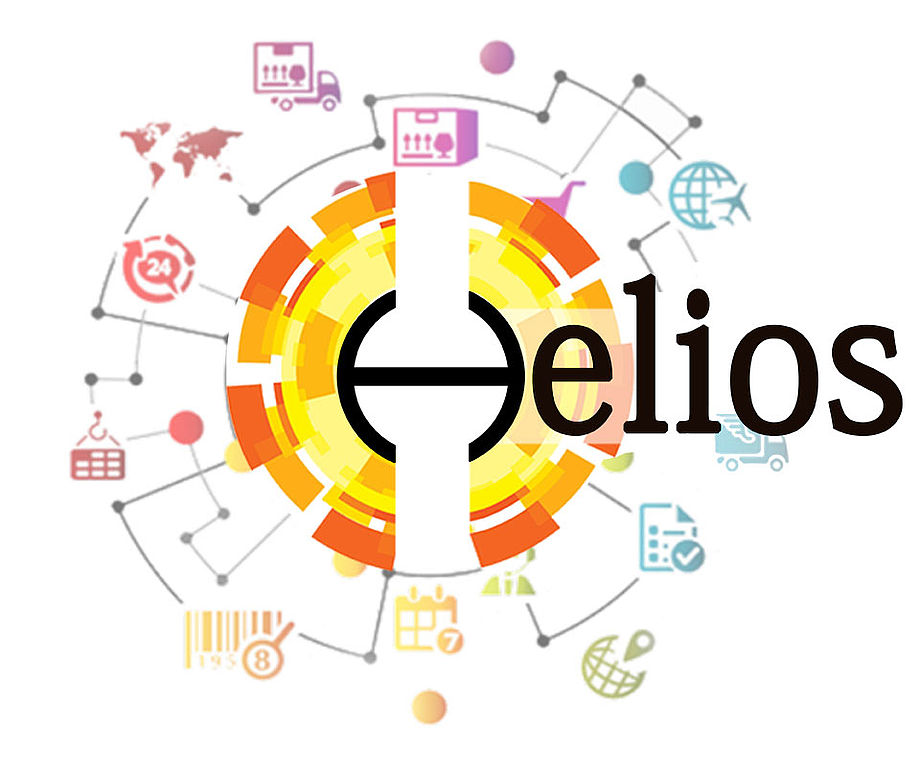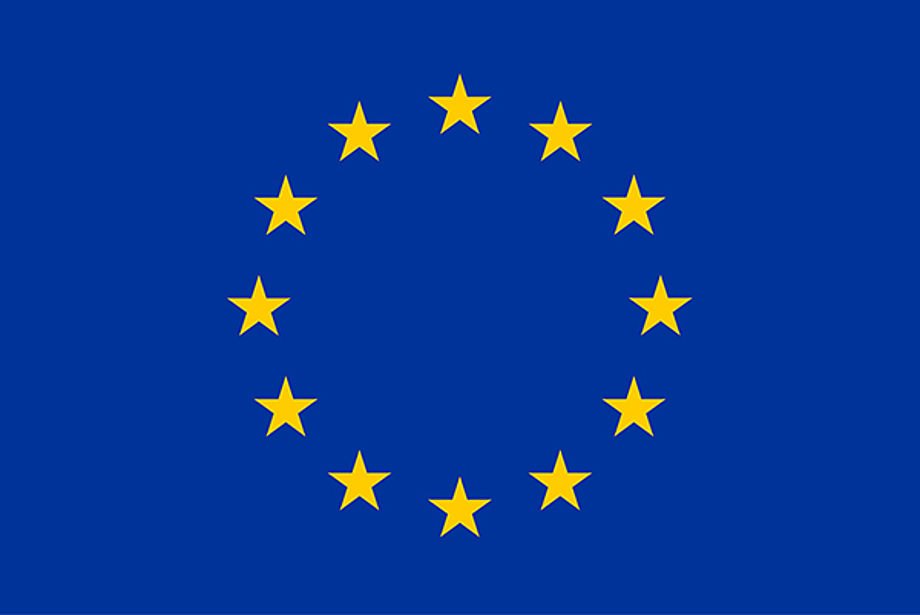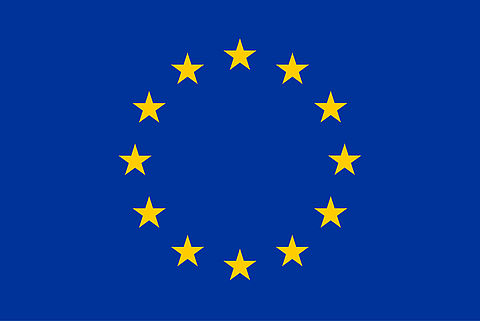EU Project HELIOS: The European Response to Facebook & Co.



A Horizon 2020 project is planning a social media revolution: researchers across Europe are developing a decentralised structure for a social network that adapts to the needs of users while giving them control over their data. The project involves lawyers from the University of Passau.
Currently, large online platforms function as follows: There is a key player, i.e. a large corporation like Facebook, Google or Amazon. Users, along with smaller companies who place advertisements on these platforms, are to a certain extent dependent on this key player – even if the large platform operators are bound by rules, such as the General Data Protection Regulation (GDPR).
In the Horizon 2020 project HELIOS, researchers across Europe are working on a solution to fundamentally change the way social networks are set up: “We are developing a platform without a central authority, a kind of Facebook without Facebook”, explains Professor Meinhard Schröder, Chair for Public Law, European Law and Information Technology Law at the University of Passau. “So far, digitalisation has always been dependent on key players”, project collaborator Carolina Goberna Caride adds. “Now is the time to take decentralised possibilities seriously and apply them.”
Maximum user experience combined with maximum control over data
The researchers are developing a structure for a social network that maps the “dynamics of human relationships in three dimensions” – with regard to context, space and time. The social network should adapt to the needs of users in a wide variety of situations and environments – whether in everyday life, at work or, in their hobbies. It should make different suggestions to the user based on whether they are made in a professional or private context. It should also learn how relationships change over time.
Passau team contributes legal expertise
However, users are not monitored by a central authority here. “Instead, they should always have maximum control over their own data”, explains Professor Schröder. The Passau team is responsible for ensuring that legal issues relating to data protection, privacy and copyright are considered from the outset. It manages all legal aspects of the project. This includes, for example, the question of how the right to be forgotten provided for in the GDPR can be reconciled, with block chain technology.
The latter is one of the technologies, the use of which the researchers are testing. In technical terms, the project focuses in particular on peer-to-peer applications. This is a procedure on which the early internet was based on. It refers to computer networks, in which several devices are linked up. In the meantime, a connection to the Internet of Things would also be conceivable.
Participants from science and industry
The Technical Research Centre Finland VTT, based in Espoo, is co-ordinating the project. It is the largest organisation for research commissions in Northern Europe. Besides the University of Passau, the following scientific institutions are involved:
- Centre for Research and Technology Hellas (Greece)
- LINKS Foundation (Italy)
- Trinity College Dublin (Ireland)
- University of Pisa (Italy)
- Autònoma de Barcelona University (Spain)
- University Politècnica de València (Spain)
- University of Helsinki (Finland)
The following industrial partners are involved in the project:
- Atos Spain (Spain)
- Grassroots Arts and Research UG (Germany)
- Nagoon (Sweden)
- Swiss TXT AG (Switzerland)
- Worldline Iberia SA (Spain)
- Escola Massana (Spain)
| Principal Investigator(s) at the University | Prof. Dr. Meinhard Schröder (Lehrstuhl für Öffentliches Recht, Europarecht und Informationstechnologierecht) |
|---|---|
| Project period | 01.01.2019 - 31.12.2021 |
| Website | http://www.helios-social.eu |
| Source of funding |  Europäische Union (EU) > EU - 8. Forschungsrahmenprogramm (Horizon 2020) |
| Funding notice | This project has received funding from the European Union's Horizon 2020 research and innovation programme under grant agreement No 825585. |

